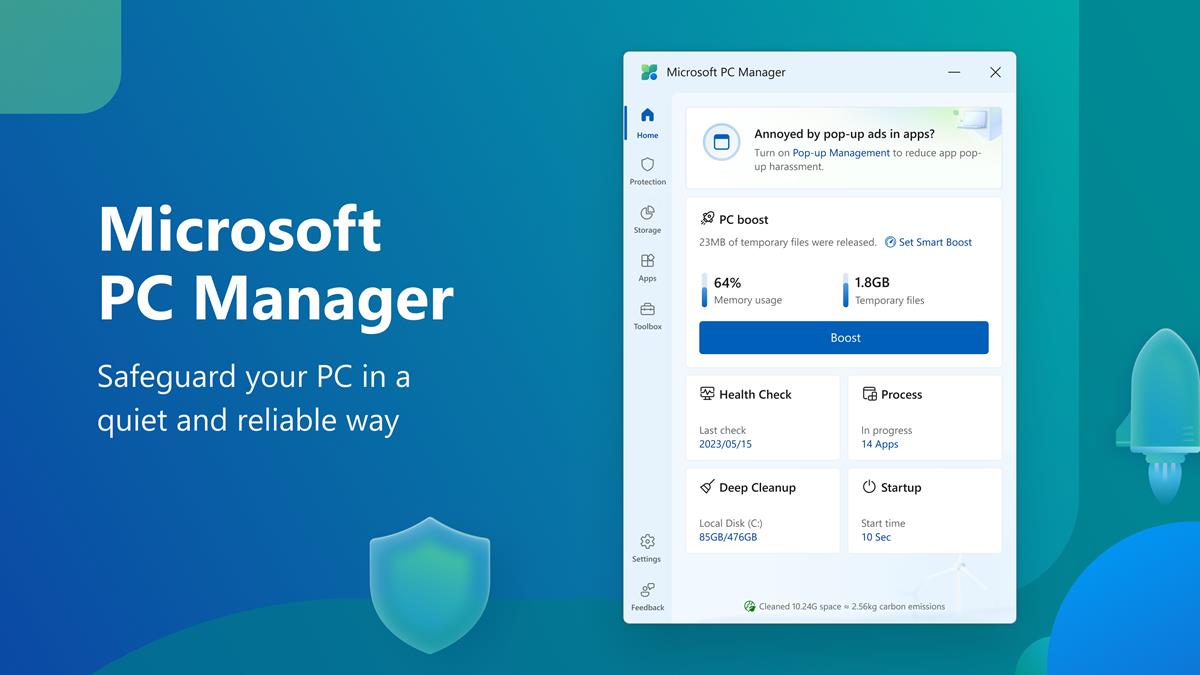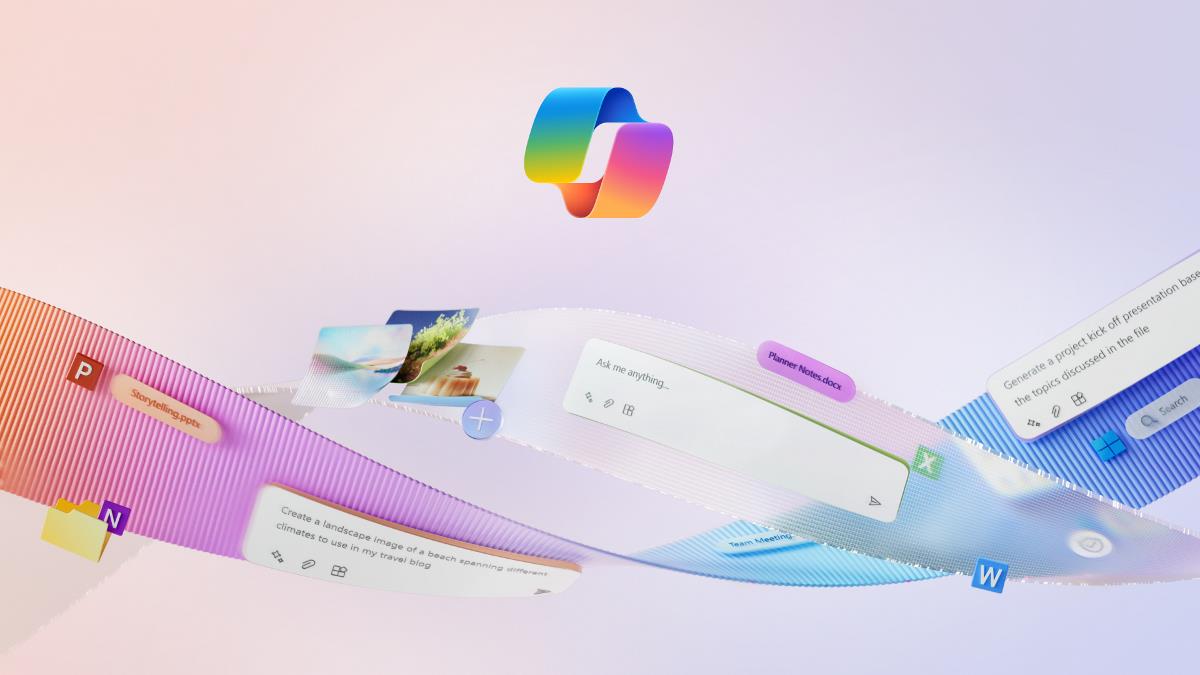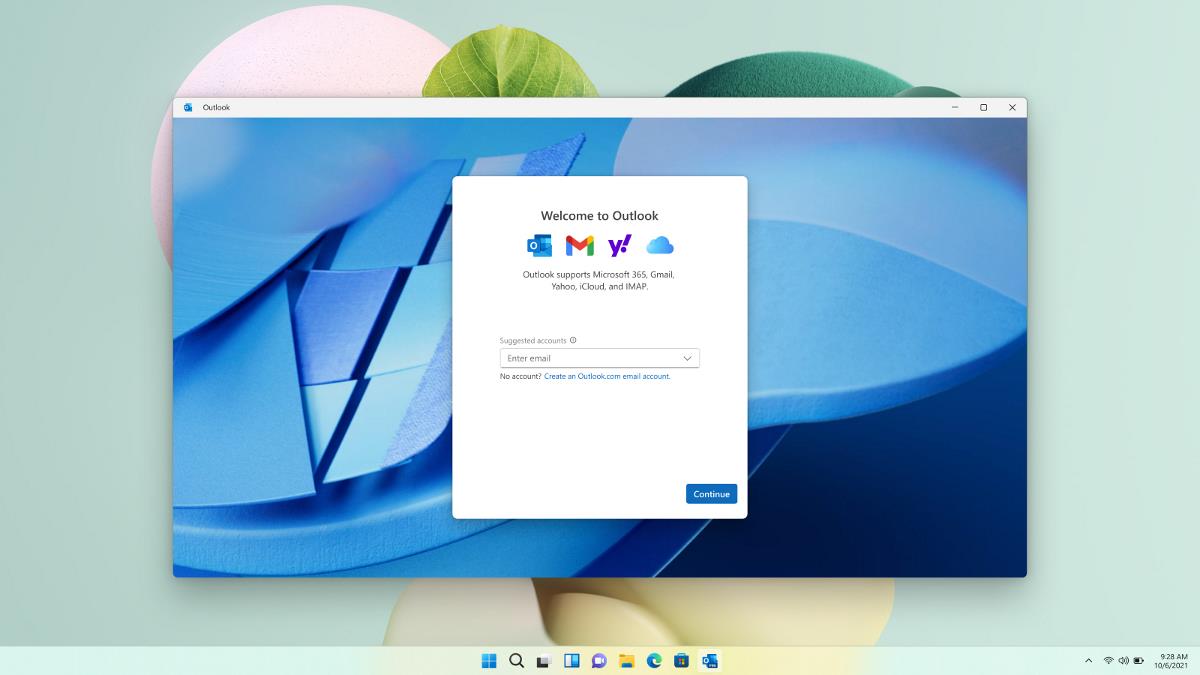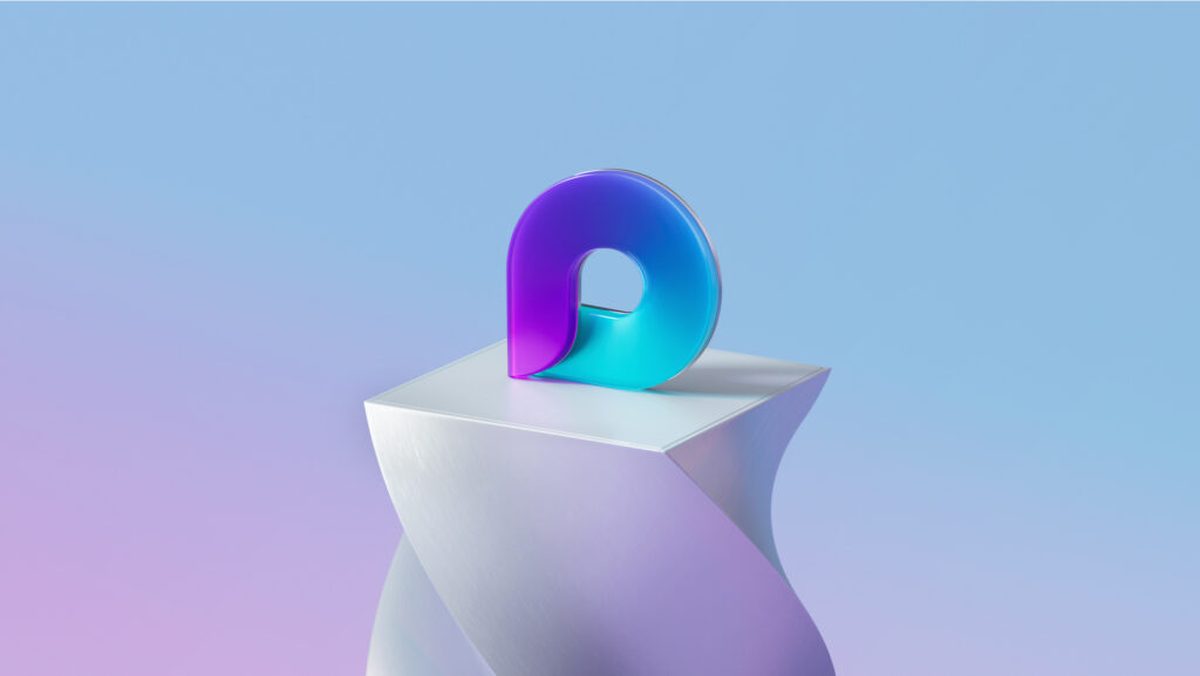Will we Anti-Trust Microsoft in the Future?

It's not that long ago, really not a distant memory, when Microsoft were hauled before regulators in the US and Europe for several years over the anti-competitive practices of bundling Internet Explorer and Windows Media Player with Windows. Competitors such as Opera and Real Networks (remember them?) said such practices were damaging their own success and as such Microsoft had to spend millions of dollars defending themselves only to mostly lose and have to offer both versions of Windows without Windows Media Player and also the Browser Ballot screen in the EU (which I have to admit is a very good idea anyway) so that users could make an informed choice about what web browser they wanted to use.
Since this happened such software has begun to creep back into Windows. Windows 8 is without doubt the worst offender ever with a new Metro version of Internet Explorer embedded into the new Start Screen as well as the desktop version present also. It is the first version of Windows to include anti-virus software and now we learn that the ARM-version of Windows 8 will also include desktop versions of Microsoft's next office suite, codenamed "Office 15" in the form of Word, Excel, PowerPoint and OneNote. So what's happening here and could Microsoft face more anti-trust action in the coming years?
To look at this we have to look at the competition. When Microsoft were going through their anti-trust actions there really wasn't any. At first they just had two desktop operating systems to compete against, OS X and GNU/Linux.  With this they had a monopoly, but one that they'd worked hard for and earned. With the software things were a different issue where there were a great many web browsers, media players and more.
I began to wonder what might happen with further anti-trust actions when Microsoft announced that, for the first time, they would be bundling anti-virus software with Windows.  "Windows Defender" isn't like the existing Windows Defender that first appeared with XP, it's a re-badged version of Microsoft's free Security Essentials product. So far no other anti-virus vendor has kicked up a fuss, though that may still happen.
We had further news though this week that Windows 8 on ARM processors will also include bundled versions of the company's next generation Office suite in the form of Word, Excel, PowerPoint and OneNote. Surely then this would cause a real storm and trigger another anti-trust investigation right away? Actually I don't think it will, and it's likely that Microsoft may never face another anti-trust investigation again.
There are several reasons for this. The first is that in the last few years all manner of popular and effective competition has sprung up in the operating system space, in the form of iOS, WebOS, QNX, Chrome OS and most notably Android. Each and every one of these operating systems (with the notable exception of ChromeOS which is entirely cloud-based) come pre-installed with a bespoke web browser, media player and more and all but iOS come with a pre-loaded Office productivity suite. This then is surely what will have triggered Microsoft's decision to bundle a version of Office with Windows 8 tablets.
It's a savvy move too. They will undoubtedly be cut-down versions, similar to the Office web apps, and will be used to try and up-sell people to the full version of Office on their PCs in the same way that Office Starter, which is commonly shipped free of charge with new PCs does already.
It is very easy now then for Microsoft's lawyers to argue that bundling Office 15 with Windows 8 tablets isn't anti-competitive at all, especially as they don't do it with the desktop version of the OS. They're just copying what other tablet operating system makers have been doing for some time now. With the anti-virus argument it might be a harder argument to make, and it is possible we will see some of the smaller or even major anti-virus vendors complaining to the US authorities or to the EU. It's much more likely though that they'll simply dismiss Windows Defender as being "rubbish" (which it isn't I should add if you're considering it) and trying to convince people to buy their own suites anyway.
So what do you think the legal future is for Microsoft given everything they're bundling with Windows 8? Why not tell us in the comments below?
























While we are at this, why hasn’t anyone gone after Apple for bundling Safari, itune in their OS? I don’t see any way of uninstalling or disabling them either. Now with iOS 6 they are even integrating their in-house map app. If Microsoft is an offender, Apple is an even worse one.
Now back to the question of bundling softwares in Windows OS. With easy access to the internet, anyone can alway download the software they wanted. Be it a new browser, media player or antivirus. Including IE with Windows is an obvious choice, since without a browser, how is anyone able to go onto the internet to download these new software? And if a user doesn’t even know how to go about download these third party software, isn’t it better for them to have the anti-virus already installed.
Unless Microsoft is bundling the antivirus for a fee, i say its should not be taken as an issue.
The biggest problem with Microsoft binding IE with their OS isn’t that the browser couldn’t be uninstalled. It’s “the browser is a part of the OS and cannot be disabled” part.
I’m fine with not-uninstallable softwares as long as we can hide them when we no longer want to use them. This was not the case for Windows 98 and Windows ME. When the OS FORCED YOU TO OPEN THE IE BROWSER FOR ALL KINDS OF ACTIONS NOT INVOLVING IN SURFING WEBS.
For example, open a jpg file. The default setting is to use IE, which sucks. You can change that setting to use other softwares. But the setting isn’t universal, there’re still occasions that the OS forced you to open the jpg file with IE, and you have to manually put the files in the place that you can use other softwares to open them.
Can you imagine that if Microsoft didn’t allow you to disable active-desktop completely on their Win 98 system? I’m glad that Microsoft didn’t do that, but maybe it’s because they tried to do that but failed every single time so they had to give up.
Right now the problem is on the anti-virus software part. The new Live messenger doesn’t allow you to use some of its features unless you have Microsoft Defender installed.(all other anti-virus softwares don’t count) it’s not a big deal now since not many people use their messengers today. But if this kind of things happen in the entire Windows 8 OS, that is a big problem.
I am sorry, but as I recall the antitrust was for oem license agreements that if any products except microsoft was install with a new computer, they charged full price (no discount) or not allowed at all. Most of this being a battle with netscape.
The U.S. DOJ case was about that; But there was a European Union case against them concerning the bundling of Internet Explorer and Windows Media Player.
:wq
I think times have changed as far as fearing anti-trust action.
With Apple so large now and pushing and locking in users
to their own software and platforms wherever they can
Microsoft is hardly acting in isolation this time.
I certainly don’t like Microsoft to include software that I didn’t want in the first place. With every new OS it’s becoming more bloated with stuff. Choice of software should be up to the us and not up to Microsoft pushing it down our throats.
Microsoft’s monopoly was not earned. Not even close. But that’s an argument for another day. Microsoft will face anti-trust action, but not because of bundling. Rather, it will be because of the secure boot feature they are insisting be set to deny user’s from installing alternative operating systems.
The inclusion of security software in Windows as a bundling issue is a red herring. Operating systems should include security software as a default feature. Third-party security software companies do not make their money by making computers more secure. They make money off of the continued threat of insecurity. It is not in their financial interest to eliminate threats to computer security. It IS in the interest of the OS vendor, however.
That places third-party security products into a completely different class from productivity applications, such as web browsers and media players. This is one instance where I would be happy to see Microsoft’s bundling behavior cause the downfall of third-party vendors.
:wq
I don’t mind if Microsoft ship their Windows 8 with a security bundle or not. As long as :
1, we can switch to another anti-virus software without conflicting with the MS one (you shouldn’t have two such softwares running in one OS at the same time). In other words, the default one should be able to be disabled completely.
2. any of the feature shouldn’t be broken when we use the third-party software instead of the Microsoft one. Imaging that you decide to use Norton Antivirus and disable Microsoft Defender. But when you try to download the file from the web, the OS stop you and saying you need to put the MS defender back on or you can’t do that.
Windows 95 shipped with an integrated antivirus software(if i remind well), so Windows 8 is the secondo MS OS with an integrated Antivirus.
For antitrust concern, until there is no problem to install another software of third part i think that Microsoft could ship his OS withwhat it think is good to the user, if the user have problem could do a simple search to find a browser or media player or office software of another software house.
Actually, I really do not see this side of things as an issue because a very cut down version of Office came with Windows CE 3.x on my HP Jornada at least. Whats the difference ?
The browser ballot “choice” screen was actually a very bad idea because it only included what the state considered the “major” and “important” browsers which essentially provided state-endorsement for these browsers over other “minor” competitors.
This was the true monopolist situation / regulation the Europe put into place….not the advantages that MS received by marketing its product well (as much as one may personally dislike their practices)..
The reason I don’t use Opera is because it suck. The reason I use Firefox and Chrome is speed, development and addons. Real Player? Who even want to use that, the only use is its Real format, its client is complicated and problematic. Many third party software are difficult to use but in these few years, I seeing a great spawn of Mac-like applications that simplify user interface due to the increase popularity of iProducts.
I believe Microsoft is going to the right direction now with Windows 8. Microsoft finally bringing up the standard of quality software to compete against Apple. Microsoft’s software been gettiing more light-weight and easier to use especially since Windows 7.
Point is it isn’t Microsoft’s fault, it’s the dedicated developers isn’t doing a good job. They been growing too slow and becoming unreliable. It’s time for them to learn and time for a change, a great one like Microsoft doing now with Windows 8.
Apple been bringing up the standard of hardware and software. So it’s now for Microsoft to do it. The reasons keeping me using Windows is mainly because of cheaper hardware (compare to Apple) and good user friendliness (compare to Linux).
Additionally, since Metro design was introduced in the Windows Phone and Windows, you have no idea how glad I am. My parents are people who rarely touch computers and smartphone. Last year, my mom got herself an iPhone and I have to teach her step by step how to use it. I don’t even want to get started with my dad who bought an Android (Eventually, he gave up and back to dumbphone). When I show my parents my Windows Phone, they know to use it straight away, true story!
Hoping for a great spawn of Metro style applications! End those complicated cluttered user interface and bring on the eye candy.
Sorry mate but you are in the minority regarding Metro on the Desktop PC.
I read somewhere that the human brain actually works very efficiently in the age bracket of 60-70. So if your Mum and Dad cannot use the technology correctly then I suggest that (1) they have not read the manual and/or (2) they really are not that motivated to do so. Sorry if that sounds harsh but the reality is that technology in all forms is here to stay and there is NO excuse for not having a go regardless of age. After all, the Baby boomers will not let us forget the Beatles and Woodstock now will they.
Sorry Mate. Metro is garbage and you are wrong. No one in their right mind would want to learn to use it. All age groups agree Metro sux. When we ask for Windows we want a Windows OS, not a garbage smart phone OS packed with baked in malware, spyware and bloatware. Packed with garbage you can’t even uninstall or turn off. But that’s what MS’s greed has reduced Windows to in Windows 8 and on. Antitrust cases should have been brought by government against MS and all these low life tablet producers for their anticompetitive practices, and their spying, not open season declared on consumers and their rights, which is what is happening.
This may interest you
https://www.pcworld.com/businesscenter/article/248342/windows_8_secure_boot_the_controversy_continues.html